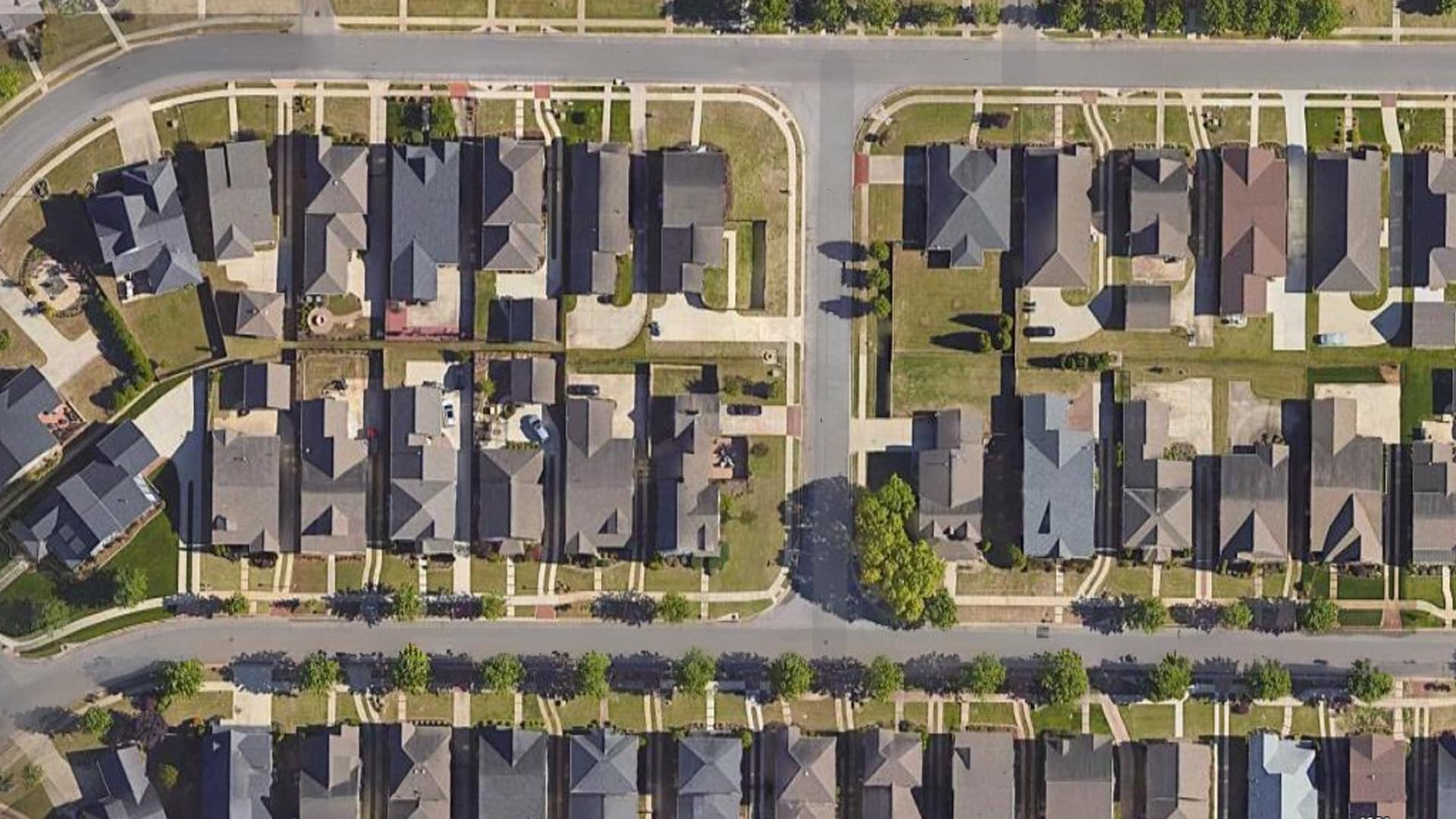Key Takeaways
- Set Realistic Budgets: Understanding your financial health is the first step in the home buying process. It’s crucial to assess your income, debts, and savings to set a realistic budget, ensuring your dream home aligns with your financial reality.
- Plan for All Costs: Beyond the down payment and mortgage, home ownership involves additional expenses such as property taxes, insurance, maintenance, and unexpected repairs. Planning for these costs upfront can prevent financial strain down the line.
- Think Long-Term: Your home is more than just a place to live; it’s a long-term investment. Consider future needs and lifestyle changes, ensuring the home you choose can grow with you and remain a wise investment over time.
There’s nothing quite like the journey to finding your perfect nest, is there? But, as thrilling as it is, making the dream of home ownership mesh with the reality of personal finance can feel like a balancing act.
Let me share a little story with you…Carl, eager to buy his first home, found out that saving the rest of the down payment and covering a monthly mortgage payment based on today’s home prices wouldn’t work without some careful planning and major changes to his budget. It was a learning curve, but together, we mapped out a plan that led him to his dream home without tipping the scales of his financial well-being.
The Basics of Personal Finance in Home Buying
I like to take a page out of Dave Ramsey’s book for setting a housing budget you can comfortably afford – keep it under one-third of your gross monthly salary or a quarter of your monthly take home pay. When you have a solid monthly budget in front of you, you can decide on an amount to put into monthly savings for your home dreams – pay yourself first before spending anything else. Remember, owning your home is a cornerstone of a healthy financial future.
Growing your credit score can get you better deals when it’s time to purchase or refinance a home. Some general rules of thumb include keeping credit card balances low, not opening or closing accounts, and paying your entire monthly balance. I personally use the Chase Credit Journey that comes free with my Chase Card account, but there are many options for keeping track of your score’s journey.
Preparing Your Finances for a Home Purchase
Before setting your heart on a home, let’s get your finances in tip-top shape! Start by trimming down debts and beefing up your savings—think of it as your financial fitness routine. It’s about planning ahead and making small, smart moves that lead to big wins.
One of my clients, Jake, took out some equity from his existing home to pay off high-interest credit cards with big balances six months before looking for his next home. Not only did he save a mint on monthly credit card bills to shore up his savings account, he also secured his a great rate when it came time to buy his next home!
Navigating Mortgage and Home Buying Costs
Mortgages can get complicated – that’s why it makes a world of difference to find a loan officer you trust who can walk you through each step. One of the things that I love about everyone on the Milend team is that they are the best with complicated financial pictures and knowing how to match you with the perfect loan to fit your needs. From interest rates to closing costs, they break down each step and guide you through the process.
If you prefer to do a little research on your own to get a good grasp of the process, we have a lot of good breakdowns on the mortgage process here on our blog and in our FAQs section. I want you to be as comfortable with your mortgage as you will be in your new living room.
Balancing Home Buying Goals with Long-term Financial Health
It’s easy to get swept up in the excitement of house hunting, but overextending yourself to buy a home can jeopardize your long-term financial health. I once worked with a couple who had a picture in their heads of a big house on some acreage, but they realized a charming cabin on some land fit both their lifestyle and financial goals better.
Here’s where it can be fun to really define your lifestyle goals and helpful to have a dream home checklist split into must-haves and nice-to-haves. When what really matters the most is written down in black and white, it’s easy to adjust your search to find properties that meet your needs while keeping some breathing room in your wallet.
Final Tips and Strategies for Successful Balance
Achieving harmony between your home-buying aspirations and your financial health is possible with a few key strategies:
- Set clear, achievable goals.
- Plan ahead and save in advance.
- Keep an open line of communication with your loan officer!
- Regularly review your financial plan to ensure it aligns with your home-buying journey.
Remember, every step you take towards balancing your finances and home-buying dreams is a step towards a future filled with joy, stability, and countless memories in a home that’s truly your own.
As we wrap up, I want to remind you that while the path to homeownership takes a lot of planning, it’s also an exciting adventure -one that I’d be thrilled to embark on with you. If have questions on how to balance your dream home with your financial well-being, let’s chat! Hit me up in the comments or head over our Contact page if you would rather discuss over email or the phone. Together, we’ll make your home-buying journey as joyful and fulfilling as the day you turn the key to your new home.

Navigating the Home Loan Process: Your Friendly Step-by-Step Guide
Read more...



